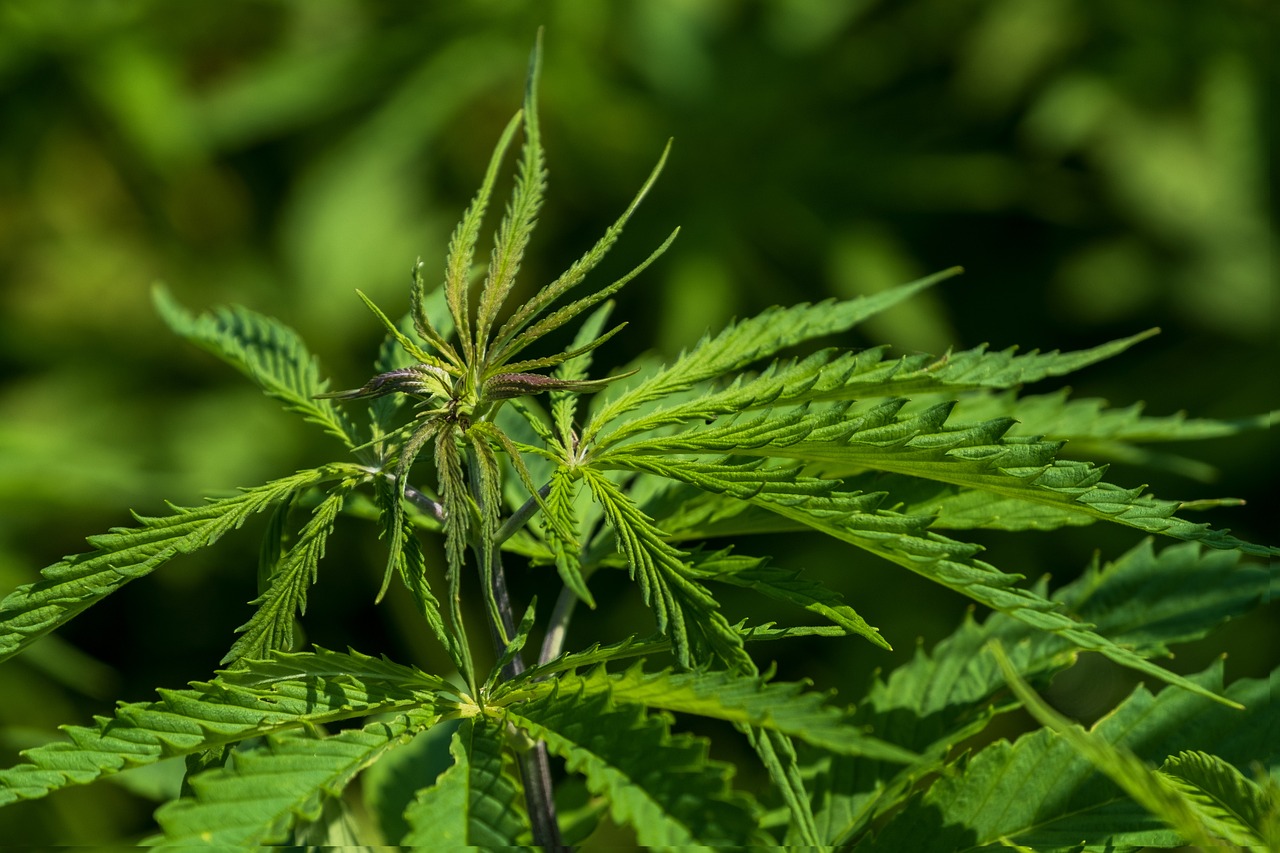- As interest in cannabis continues to grow, many are exploring the various compounds found within the plant. One such compound gaining attention is THCA, or tetrahydrocannabinolic acid. Unlike its more famous counterpart THC, THCA is non-psychoactive, meaning it doesn’t produce the “high” associated with cannabis. This article aims to guide beginners through understanding THCA, its benefits, and how to incorporate it into their wellness routine.
Understanding THCA
THCA flower capsule is a cannabinoid found in raw and live cannabis. It is the precursor to THC, which means it converts to THC when exposed to heat through a process called decarboxylation. This transformation is why raw cannabis doesn’t produce psychoactive effects until it is smoked, vaporized, or cooked.
Benefits of THCA
Research into THCA is still in its early stages, but preliminary studies and anecdotal evidence suggest several potential benefits:
- Anti-inflammatory properties: THCA may help reduce inflammation, making it a potential option for those with arthritis or other inflammatory conditions.
- Neuroprotective effects: Some studies indicate that THCA might protect against neurodegenerative diseases.
- Anti-emetic properties: THCA could help reduce nausea and vomiting, which is beneficial for patients undergoing chemotherapy.
- Appetite stimulation: Like THC, THCA may help stimulate appetite, which can be useful for individuals with eating disorders or those undergoing treatments that reduce appetite.
Methods of Consumption
For those interested in experiencing the benefits of THCA, there are several ways to consume it without converting it to THC:
Raw Cannabis
Consuming raw cannabis is one of the simplest ways to intake THCA. This can be done by adding raw cannabis leaves or flowers to smoothies or salads. This method preserves the THCA content without activating THC.
THCA Tinctures
Tinctures are liquid extracts that can be taken sublingually (under the tongue) or added to food and drinks. They offer a convenient way to measure and control dosage.
THCA Capsules
Capsules provide a straightforward method for those who prefer not to taste cannabis. They offer precise dosing and are easy to incorporate into a daily supplement routine.
Topicals
For localized relief, THCA-infused creams and balms can be applied directly to the skin. This method is particularly useful for targeting specific areas of pain or inflammation.
Legal Considerations
The legal status of THCA varies by region. In some areas, it is treated the same as THC, while in others, it is not regulated. It’s important to research local laws and regulations before purchasing or consuming THCA products.
Case Studies and Statistics
While comprehensive studies on THCA are limited, some research provides insight into its potential. For example, a study published in the British Journal of Pharmacology found that THCA exhibited anti-inflammatory properties in animal models. Another study in the Journal of Neuroimmune Pharmacology suggested that THCA might have neuroprotective effects.
In terms of market trends, the cannabis industry has seen a growing interest in non-psychoactive cannabinoids. According to a report by Grand View Research, the global legal marijuana market size was valued at USD 9.1 billion in 2020 and is expected to expand at a compound annual growth rate (CAGR) of 26.7% from 2021 to 2028. This growth includes increased demand for products like THCA.
Tips for Beginners
For those new to THCA, starting with small doses and gradually increasing is advisable. This approach allows individuals to gauge their body’s response and find the optimal dosage for their needs. Consulting with a healthcare professional, especially for those with pre-existing conditions or who are taking other medications, can provide additional guidance.
When purchasing THCA products, look for reputable brands that provide third-party lab testing. This ensures product quality and accurate labeling of cannabinoid content.
Conclusion
THCA offers a range of potential benefits without the psychoactive effects of THC. By understanding its properties and exploring various consumption methods, individuals can incorporate THCA into their wellness routines. As research continues to evolve, the understanding of THCA and its applications will likely expand, offering new opportunities for those interested in cannabis-based wellness solutions.
